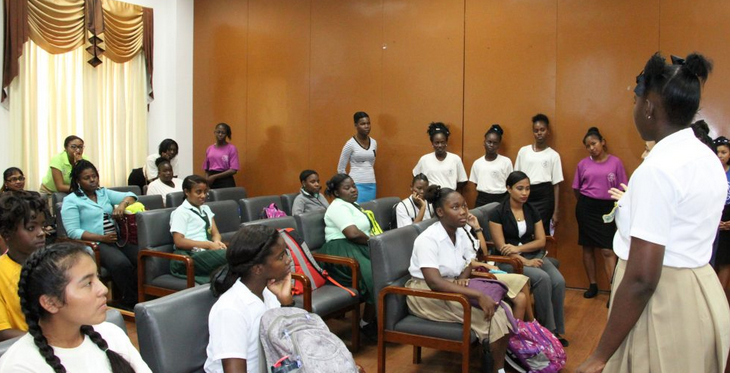These migrants risk their very lives for sunnier climes and greener pastures. Their craving isn’t objectionable; they just do what millions of humans have always done and will continue to do. Historians know that world’s history is based on migration.
[Migration: Life And Death Struggles]
A couple of days ago more than forty non-traditional emigrants got drowned in their attempt to cross the Mediterranean
Sea on fisher boats.
They were from Egypt, from Morocco, from Bangladesh, from Algeria. They left Libya and were bound for
Italy. They could find temporary sanctuary in Libya because of the generosity of that country chiefly towards Africans.
Moreover, it’s an uphill task for Libyan coast guards to preclude those migrants from embarking on their journey to
Europe because Libya’s got an over 1,000 miles long Mediterranean Sea coast.
Late in April this year the Spanish daily El Pais reported that Moroccan military coast guards deliberately wrecked
a fisher boat carrying non-traditional migrants, mostly from Sub-Saharan Africa. This incident occurred off the coast
of El Hoceima, a locale situated in the North-East region of Morocco.
There were actually two fisher boats ferrying non-traditional travellers to Spain. The Moroccan military coast guards
instructed them to interrupt their journey, and to sail back to Morocco. One of the two boats turned back; the other
was set on continuing the journey to Europe. So the Moroccan guardsmen decided to wreck it.
Erik, a Nigerian fisherman who lost his wife and his three-year old daughter in that cruel deed committed by Moroccan
coast guards, explained later on: “One of the Morrocan soldiers slightly jabbed a knife into the rubber framework of our
boat and told us, ‘Now you may wend your way on to Spain if you are so minded.‘” Thirty-odd Mediterranean subway
passengers died following that cruel behaviour of some Morrocan military coast guards.
In recent years, approximately 4,000 people have already died in their bid to undertake a non-traditional Mediterranean
Sea crossing. This is the grim balance sheet of a go-slow tragedy occurring in our time. These migrants risk their very lives
for sunnier climes and greener pastures. Their craving isn’t objectionable; they just do what millions of humans have always
done and will continue to do. Historians know that world’s history is based on migration.
If they are ready to risk their lives, it’s because they are looking for the living conditions they can’t get at home. In fact,
humans migrate because they want to excel themselves and gratify their needs. If these people could meet their needs
at home, they wouldn’t risk their lives.
Their future is jeopardized because many leaders in their countries have failed them. These guilty leaders have failed them
because they mistake mismanagement for good government. They don’t know that making a difference in one’s community
and society is the stick yard of value today. A human of value is not the one who owns many degrees, diplomas and certificates;
rather, it´s the one who positively, usefully, profitably and productively impacts the lives of his fellow humans.
This raises another issue, that of public development aid. Western countries have so far focused on public development aid.
The time has come to go beyond that and to turn to decentralized and direct development aid in order to empower the needy
and the hard-working population. Public development aid won’t reach its targets nor achieve its objectives because it seldom
trickles down to those who need it.
The solution to this crisis lies in the sponsoring of those individuals – from poorly managed and administered nations –
who stand for a two-way development.
By two-way development I mean the attitude and action of making a difference in one’s host country as well as one’s native country.
Moreover, the adoption of a massive development program similar to the Marshall-Plan after World War II in Europe, limited in time,
say seven years, but mainly targeting the hard-working populations and needy in developing countries would surely do the trick.
Black Star News writer Mathias Victorien Ntep is currently a PhD candidate at the University of Frankfurt/Main. He holds a Postgraduate and Higher Degree in journalism and mass communications from the University of Mainz, Germany; a Master’s degree of Arts in German studies, Philosophy and Romance studies from the University of Frankfurt, Germany; a Bachelor’s degree of Arts in German studies, Linguistics, and General and Comparative Literature from the University of Yaounde I, Cameroon.











